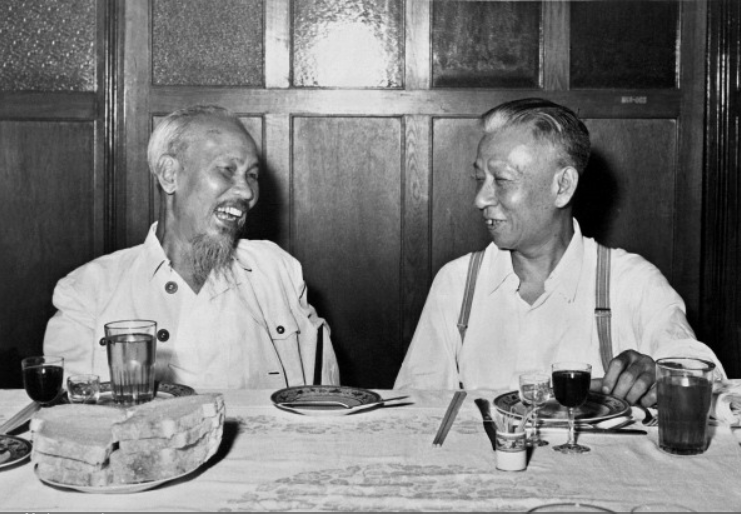
Philip Cunningham, Independent Scholar
Jun 13, 2018
China’s diplomatic forays into Southeast Asia are periodic and predictable. Yet Premier Li Keqiang may have his work cut out for him in upcoming forays to the region. Shifts in diplomatic outlook on the part of both the U.S. and China are changing the rules as tensions arise and polarize the region.

Richard Javad Heydarian, Professorial Chairholder in Geopolitics, Polytechnic University of the Philippines
Jun 05, 2018
Mahathir’s election victory in Malaysia is likely to signal a shift in the country’s foreign policy vis-à-vis China. Investment deals with China are likely to face greater scrutiny and Malaysia may become more assertive in South China Sea disputes.
Richard Javad Heydarian, Professorial Chairholder in Geopolitics, Polytechnic University of the Philippines
May 09, 2018
The 32nd ASEAN Summit, held in Singapore on April 27 and 28, saw the ASEAN adopting tough language against America’s trade protectionism, while pursuing further its blossoming relations with China.

Shazeda Ahmed, Ph.D. student, University of California
Mar 28, 2018
Chinese tech firms are increasingly committing to market expansion across Southeast Asia. The development of the Digital Silk Road, especially in the ASEAN region, may provide clues about an emerging Chinese model of economic and political influence over information technology markets.
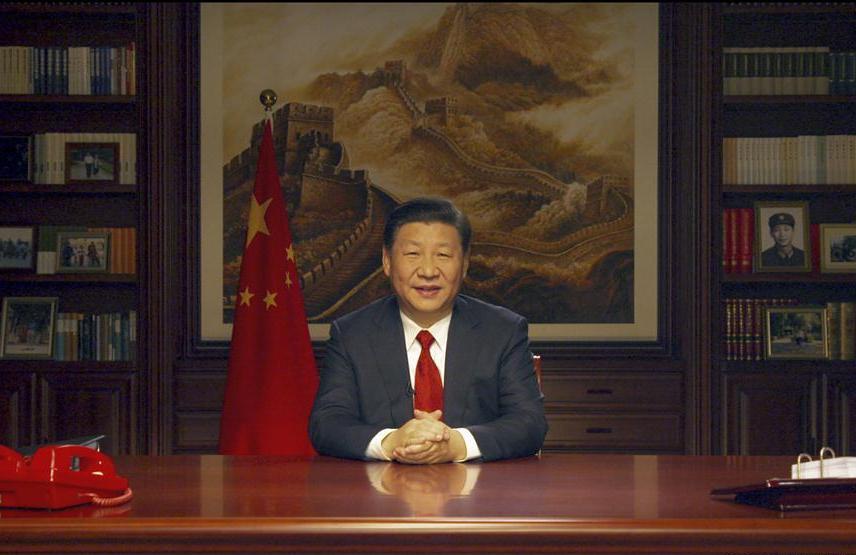
Yin Chengde, Research Fellow, China Foundation for International Studies
Jan 18, 2018
Xi Jinping’s thought on diplomacy has steered China’s diplomacy from success to success, and serves as a guide for maintaining world peace, and development.
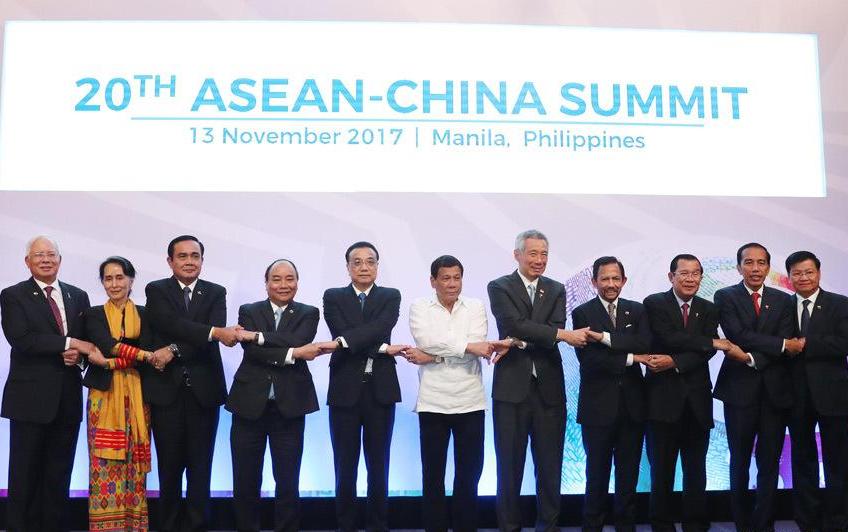
Richard Javad Heydarian, Professorial Chairholder in Geopolitics, Polytechnic University of the Philippines
Jan 11, 2018
ASEAN has ably brought together former rivals and among the world’s most (ideologically and socio-economically) diverse nations under a single roof. Yet, with the rise of China and the demise of the old American-led order, the ASEAN is facing an existential moment, which may require strategic soul-searching and major institutional reforms.
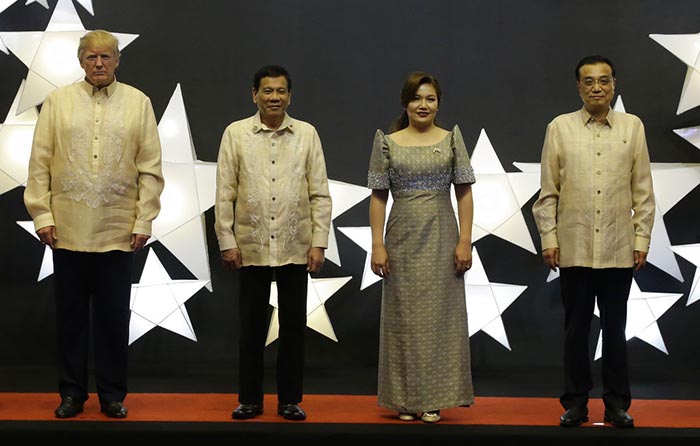
Wang Jisi, Professor at School of International Studies and Founding President of Institute of International and Strategic Studies, Peking University
Zhao Jianwei, Research Assistant, Peking University
Dec 15, 2017
China should start building a community with a shared future for mankind from the Asia Pacific.
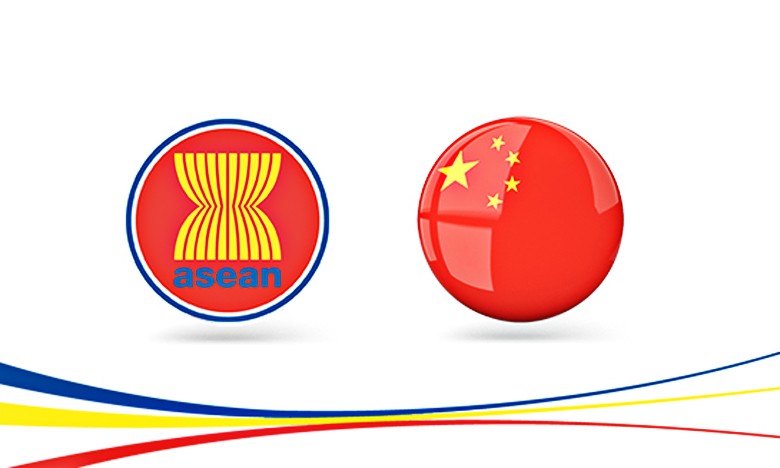
Richard Javad Heydarian, Professorial Chairholder in Geopolitics, Polytechnic University of the Philippines
Dec 05, 2017
The Association of Southeast Asian Nations (ASEAN) wrapped up the 50th anniversary of its founding by finalizing a series of landmark agreements. Among them was the much-anticipated framework of a Code of Conduct (COC) in the South China Sea, which has been more than two decades in the making. Yet, upon closer examination, the diplomatic jubilation over the trajectory of COC negotiations rings hollow.
Nov 13, 2017
U.S. President Donald Trump and Vietnamese President Tran Dai Quang underscored the importance of free and open access to South China Sea, in a joint statement
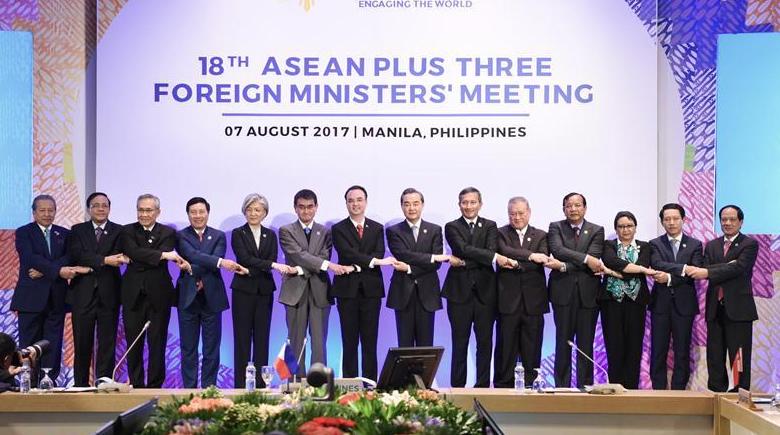
Curtis S. Chin, Former U.S. Ambassador to Asian Development Bank
Sep 08, 2017
Garnering much less attention from the ASEAN summit was the single paragraph that “noted Timor-Leste’s application for ASEAN membership and looked forward to the continued discussion” about reports and capacity building regarding that small Southeast Asian island nation’s longstanding efforts to join the regional bloc. This newest of Asian nations – having regained independence from Indonesia in 2002 – deserves ASEAN, U.S. and Chinese investment and support for its efforts to further integrate and engage with the wider region.
Back to Top

- China-US Focus builds trust and understanding between the U.S. and China through open dialogue among thought leaders.
- Our Offerings
- Topics
- Videos
- Podcasts
- Columnists
- Research Reports
- Focus Digest
- Stay Connected
-
Thanks for signing up!
- Get the latest stories from China-US Focus weekly.